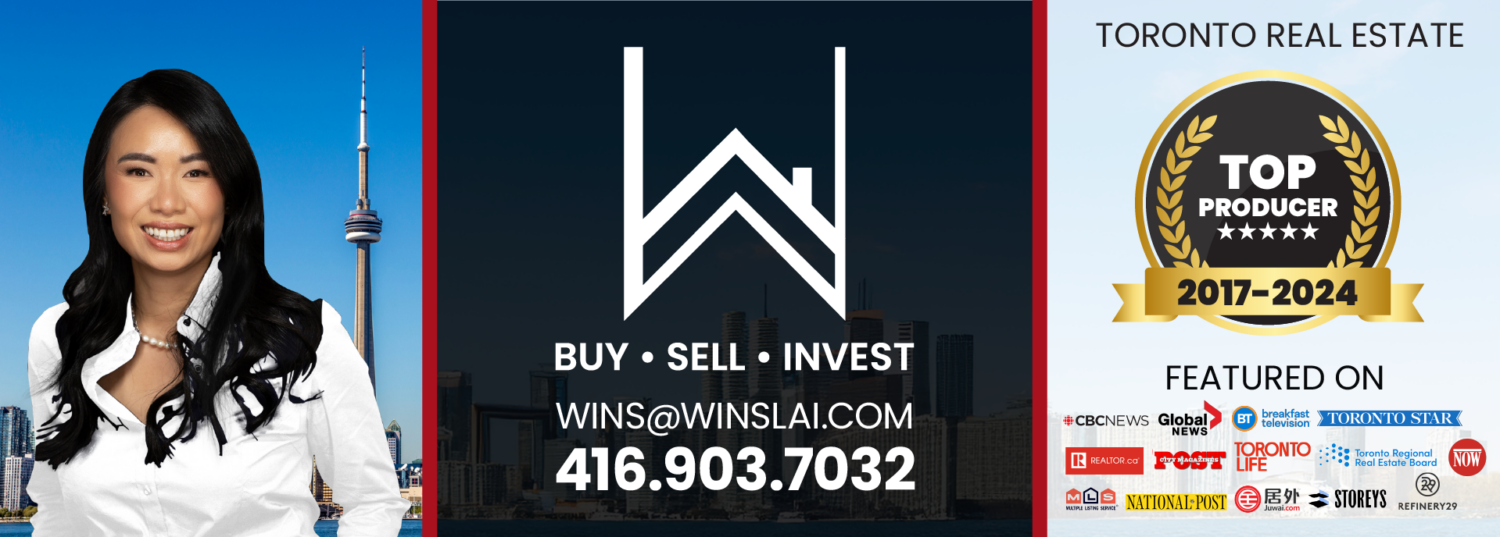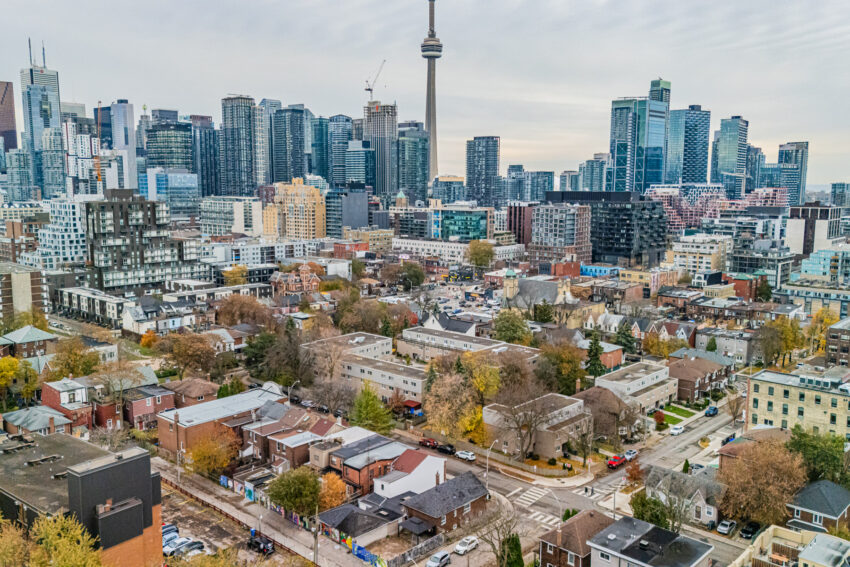Overview: a look at Toronto’s Vacant Home Tax (VHT) and Canada’s Foreign Buyer Ban in 2026 and beyond, including recent rule changes, important deadlines, exemptions, and more.
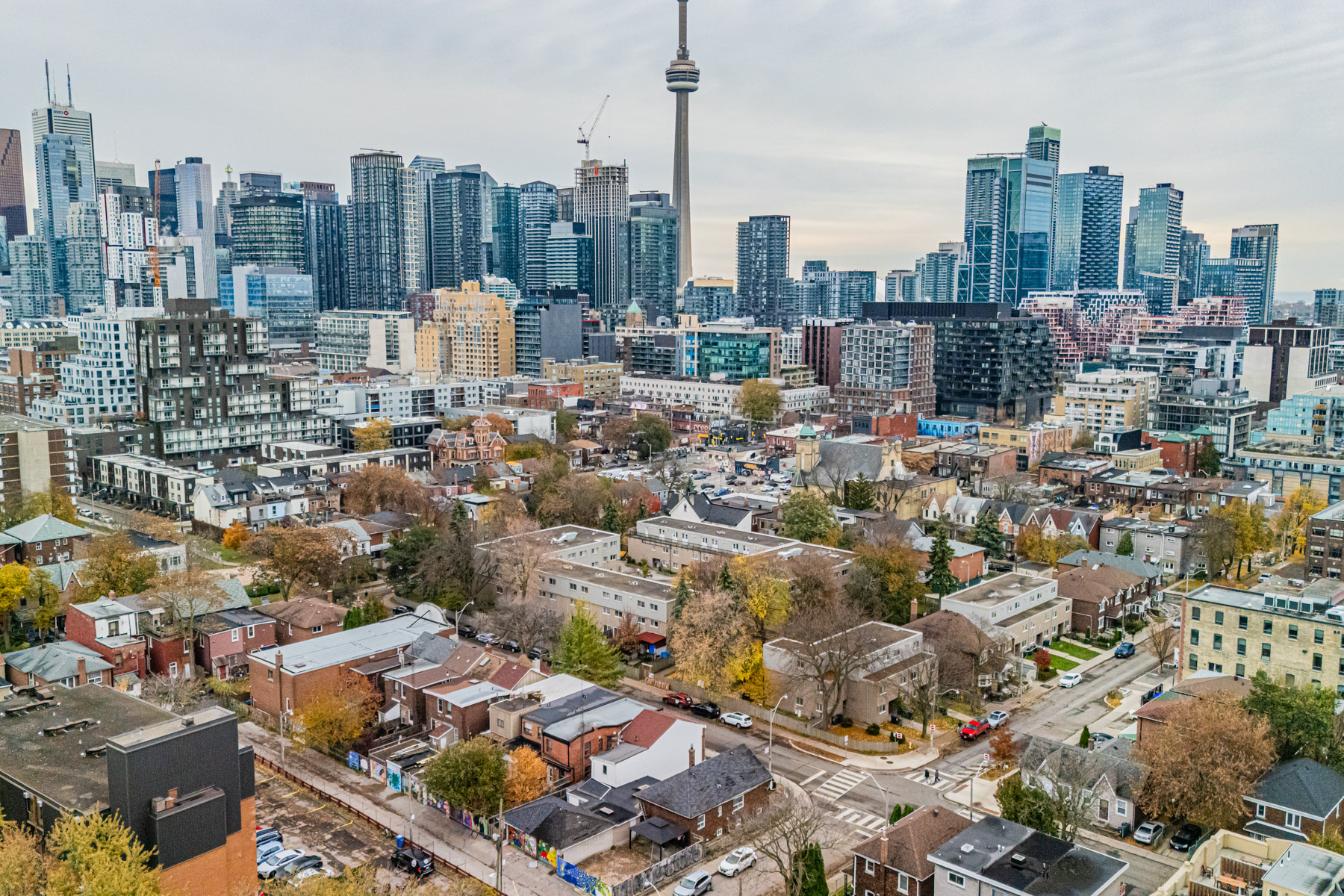
Canada’s Prohibition on the Purchase of Residential Property by Non-Canadians Act (aka the Foreign Buyer Ban) and Toronto’s Vacant Home Tax (VHT) were both created to curb rising home prices, increase supply, and give more buyers the chance to enter the market.
Whether those goals have been achieved is debatable.
With so much confusion around ever-changing rules and dates, this blog provides clarity on the VHT and Foreign Buyer Ban, including what they are, who they apply to, and how they affect you.
What Is The Vacant Home Tax (VHT)?
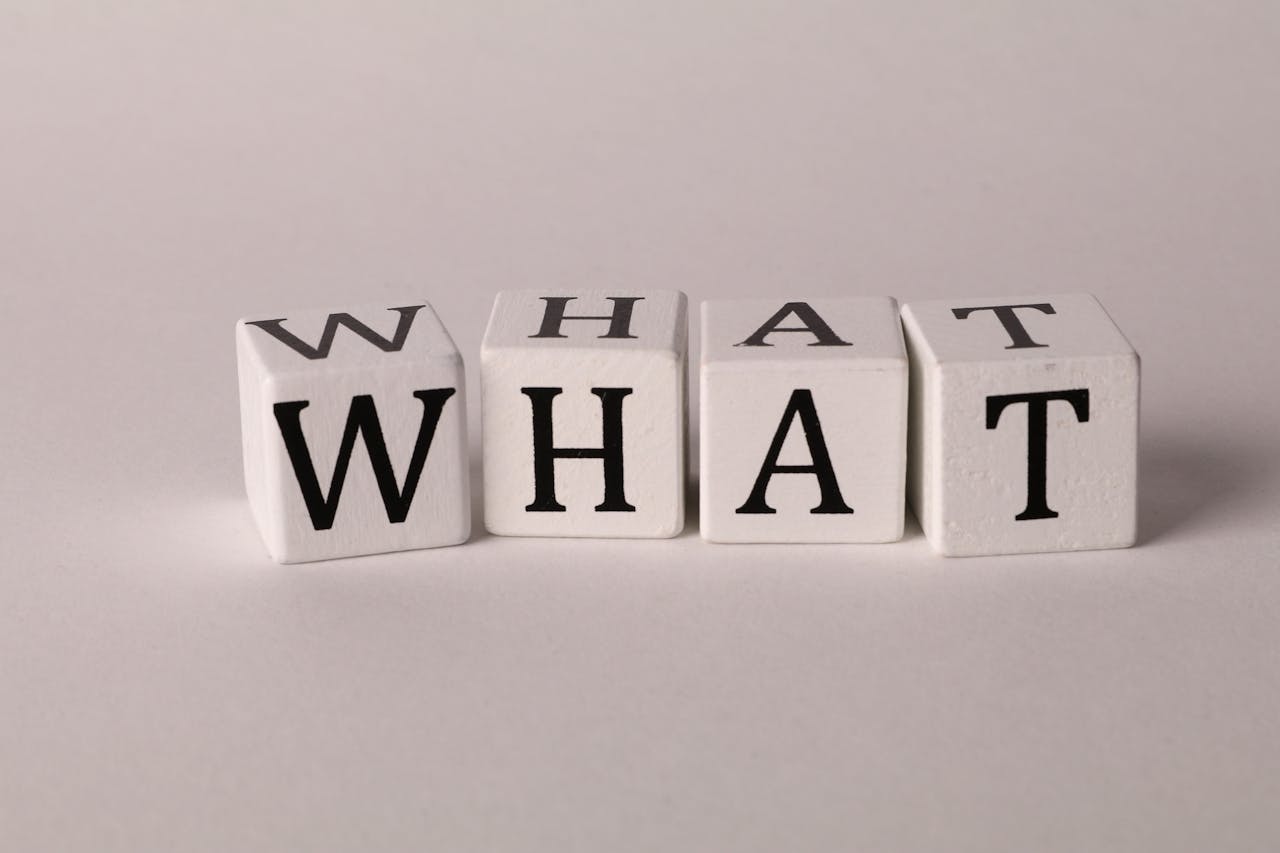
The Vacant Home Tax or VHT requires all Toronto homeowners to pay an annual tax on empty residential properties.
A property is considered vacant if it was unoccupied for six months or more during the previous calendar year.
Homeowners don’t have to pay the VHT if:
-
The property is their principal residence
-
The property is occupied by an eligible resident (e.g. a family member, friend or caregiver)
-
They qualify for an exemption
How Much Is The Vacant Home Tax?
The Vacant Home Tax is 3% of a property’s Current Value Assessment (CVA).
Since the average GTA home price is currently $973,289, the VHT works out to $29,198.67—a considerable sum.
When Is The 2026 Deadline For The Vacant Home Tax?
The deadline to declare your property’s occupancy status is April 30, 2026.
The tax is based on the property’s occupancy status for the previous year (i.e. 2025).
How To Declare Your Occupancy Status

To declare your occupancy status, all you need is your customer number, address or 21-digit assessment roll number.
The assessment roll number can be found on the following documents:
-
Property tax bill
-
Property tax account statement
-
Vacant Home Tax notice
Occupancy status declarations can be submitted by the homeowner or an authorized representative.
What Happens If You Don’t Declare Your Property Status?
If homeowners don’t declare their property’s occupancy status by April 30th, the city will assume it’s vacant and issue a Notice of Assessment (Vacant Home Tax bill).
Homeowners can dispute the bill by filing a Notice of Complaint.
Reasons to dispute the VHT bill include:
-
Your property’s assessed value has changed
-
It qualifies for an exemption
-
The property was occupied for six months or more in 2025
After filing a Notice of Complaint, the city may contact the homeowner by mail and ask for documents or information about their claim.
The homeowner will then have 60 days to submit the required documents using the city of Toronto’s online portal here.
Payment Dates And Fees
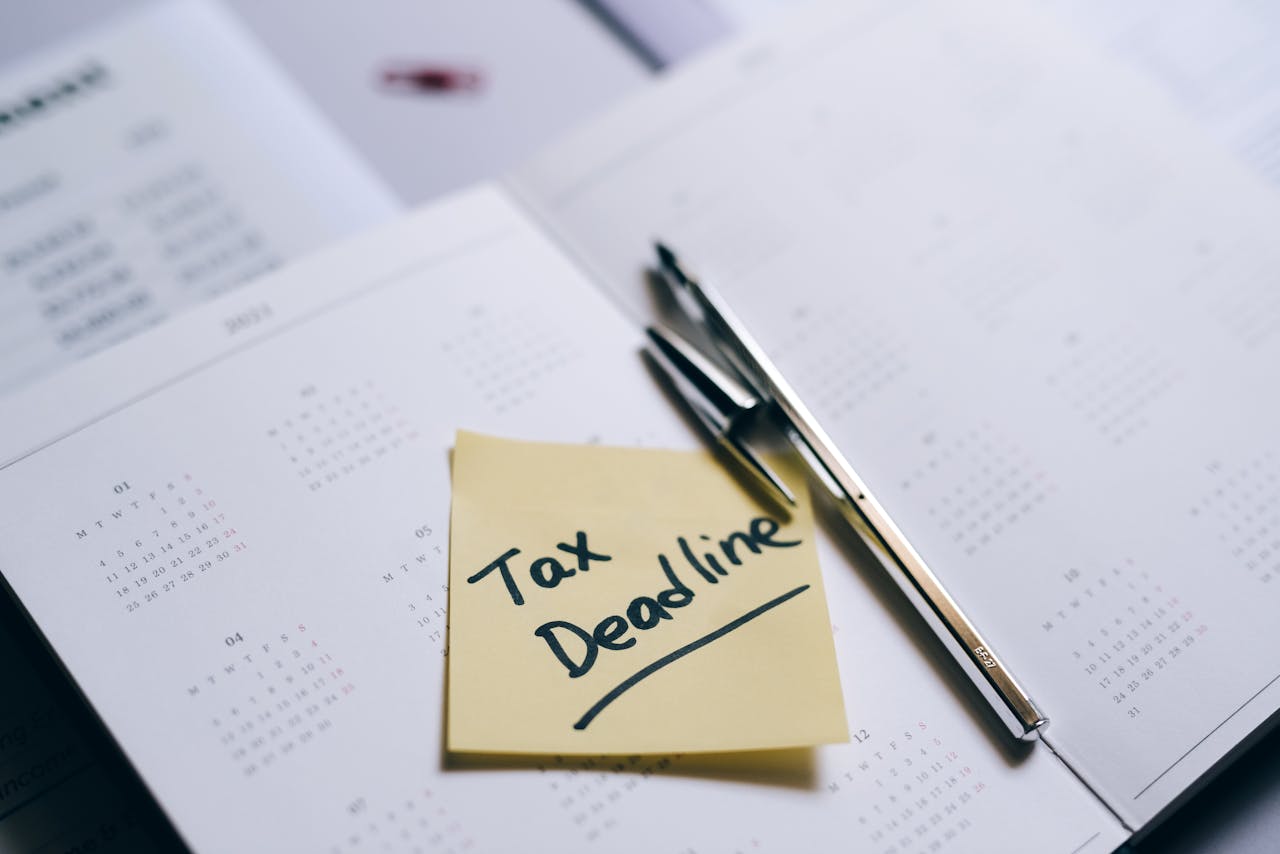
Payment dates for the 2025 Vacant Home Tax are split into three equal instalments and are as follows:
- 1st Instalment: September 15, 2026
- 2nd Instalment: October 15, 2026
- 3rd Instalment: November 16, 2026
Homeowners who fail to pay the tax on time will be charged interest at a rate of 1.25%.
Interest starts on the first day of the missed payment and repeats on the first day of each month until the full amount is paid.
If the homeowner defaults on their payment, the unpaid amount will be added to the residential property tax roll and collected in the same way as property taxes.
Bounced payments will incur a Dishonoured/Failed Payment fee, while making false occupancy declarations can lead to fines of up to $10,000.
How To Pay The Vacant Home Tax
The city recommends paying the VHT through online banking.
Other ways to pay include:
-
By mail
-
In-person
-
Telephone banking
-
Automated teller machines (ATMs)
To pay through online banking, homeowners will need a 21-digit assessment roll number, which is found on their Vacant Home Tax notice.
Exemptions to the VHT
A vacant property may be exempt from the VHT for the following reasons:
- Death of owner: property was vacant for over 6 months as a result (requires copy death certificate)
- Principal resident is in a long-term care facility: requires signed letter from facility on company letterhead
- Repairs or renovations: property can’t be occupied due to work (requires proof such as permits)
- Transfer of legal ownership: the property was sold (requires copy of land transfer deed)
- Property needed for full-time employment: requires proof of residency outside GTA and signed letter from employer
- Court order: property can’t be legally occupied for six months (requires copy of court order)
- Vacant new inventory: property is new, actively up for sale, and owned by developer (requires proof of ownership)
- Secondary residence for medical reasons: property is needed for medical reasons (requires principal residence to be outside GTA)
What Is The Foreign Buyer Ban?

Also known as The Prohibition on the Purchase of Residential Property by Non-Canadians Act, the Foreign Buyer Ban prevents anyone who is not a citizen or permanent resident of Canada from buying a home.
The law went into effect on January 1, 2023 and was supposed to be repealed after 2 years.
However, on February 4, 2024 the federal government announced an extension, pushing the ban to January 1, 2027.
CIC News informs:
Under this extended policy, non-Canadians (those who are not Canadian citizens or permanent residents) are prohibited from buying residential property…
The act defines residential property as “buildings of up to 3 dwelling units and parts of buildings, like semi-detached houses or condominium units.”
Though the ban seems universal, it’s limited to Census Metropolitan Areas (CMA) and Census Agglomeration (CA) areas, which are large urban centres with a total population of at least 100,000.
Non-Canadians can still purchase residential properties outside of CMAs and CAs.
Exemptions To The Foreign Buyer Ban
The following people or organizations are exempt from the ban:
- Permanent residents living in Canada
- Work permit holders who meet certain conditions
- International students who meet certain conditions
- First Nations persons registered under the Indian Act
- Accredited members of foreign missions in Canada
- Refugee claimants and protected persons
- Trusts and partnerships controlled by Canadians
- Businesses and entities incorporated in Canada and controlled by Canadians
- Spouses and common-law partners of Canadian citizens and permanent residents
- People who acquire an interest in residential property as a result of divorce, separation or death
- Purchasing property for redevelopment, construction or intensification (i.e. higher density developments)
Property Types Exempt from the Foreign Buyer Ban
The act only applies to residential homes consisting of 1 to 3 units.
As a result, the following properties are exempt:
- Multi-unit buildings with 4 or more units
- Vacant land not zoned for residential use
- Recreational properties such as cottages and cabins
VHT & Foreign Buyer Ban 2026: Conclusion
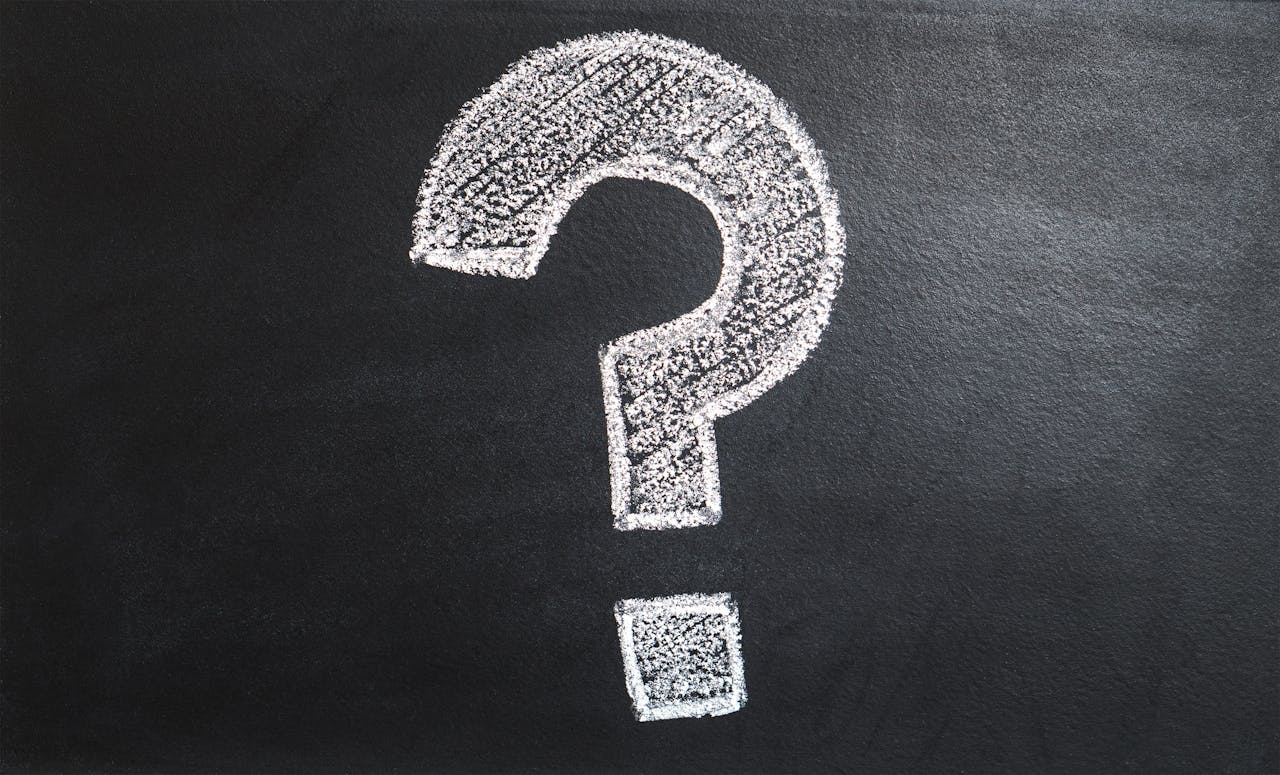
The Vacant Home Tax can be called a modest success.
In 2024, Toronto generated an estimated $103 million from the VHT.
While there was a 21% decrease in the number of empty homes, the tax failed to bring down rent prices.
On the other hand, the Foreign Buyer Ban can be seen as a failure.
According to the Real Estate Institute of Canada (REIC):
The ban is largely symbolic. With such a small share of foreign buyers, removing them hasn’t significantly impacted prices.
It goes on to say that extending the ban to 2027 “appears more like political posturing.”
Housing still remains out of reach for many, and both the Vacant Home Tax and Foreign Buyer ban have done little to change that.
Have questions about the VHT and Foreign Buyer Ban? Simply contact me below.
Wins Lai
Real Estate Broker –
Re/Max Ultimate Realty Inc., Brokerage
m: 416.903.7032 p: 416-530-1080
f: 416-530-4733
a: 836 Dundas St W Toronto, ON M6J 1V5
w: www.winslai.com e: wins@winslai.com
Your downtown Toronto Real Estate Agent
